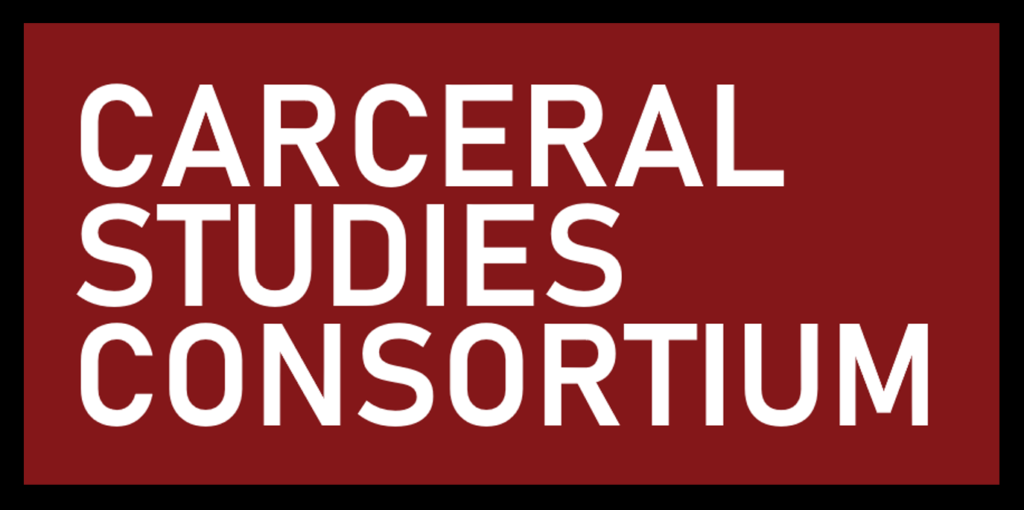In recent years, U.S. historians have devoted significant attention to prisons, policing, criminal law, and racialized mass incarceration. Long neglected by US historians, carceral state history is now one of the most vibrant subfields of US history. Interest has only increased following the summer rebellions and public debates of 2020, particularly around broad arguments for abolition and local campaigns to defund police. New scholarship has demonstrated that, contrary to popular portrayals that primarily blame conservatives, the carceral state was a bipartisan project that operates to uphold and strengthen racial capitalism. It has also revealed a vast network of local, state, and federal policymakers, as well as administrators and social scientists, who collaborated on this massive punitive state-building project that fundamentally transformed life in the contemporary US for all of us, but especially for Black, Latinx, and Indigenous people, who are disproportionately targeted and punished by carceral politics. The carceral state is undeniably a product of an enduring “antiblack punitive tradition,” as Elizabeth Hinton and DeAnza Cook have argued – but scholarship has revealed how this racial power has shifted, been challenged, and become more durable at different moments in US history. Building on this foundational work, emerging scholars from both within and outside of academic spaces are working to further develop and, at times, complicate this interpretation with studies of the importance of, for example: civil detention, minority police recruitment, true-crime culture, black liberalism, prisoner resistance, and fiscal limitations to carceral state-building. This lightning-round panel will introduce attendees to works-in-progress that explore these and many other emerging themes. Two of the field’s most influential historians, Elizabeth Hinton and Heather Ann Thompson, have agreed to co-chair this exciting panel, which will introduce and contextualize new scholarship while highlighting the innovative approaches of early-career researchers and writers in carceral studies.
Organization of American Historians to Host “New Approaches to Carceral Studies”



Leave a Reply